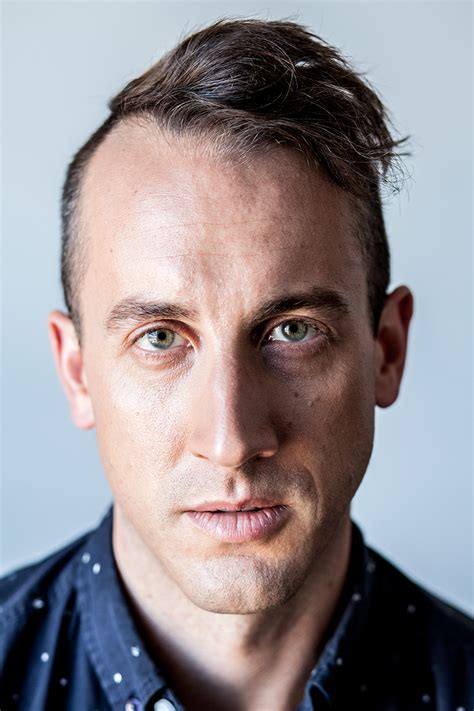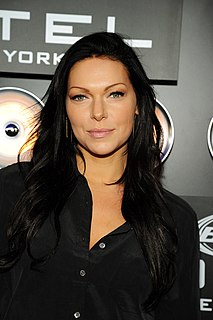A Quote by George Friedman
A century is about events. A decade is about people.
Related Quotes
The weird thing for me is I'm sitting there in the '80s writing about the Mutant Control Act and here we are in the second decade of the 21st century with the Patriot Act, listening to presidential candidates talk about building walls to keep people out: who's acceptable and who isn't. It's very creepy.
What are man and woman if not members of two very different and warring tribes Yet decade after decade, century after century, they attempt in marriage to reconcile and forge a union. Why I don't know. Biological imperative Divine law Or just a desire to connect to that mysterious other In any case, it's always struck me as a hopeful thing.
Many people believe that decentralization means loss of control. That's simply not true. You can improve control if you look at control as the control of events and not people. Then, the more people you have controlling events - the more people you have that care about controlling the events, the more people you have proactively working to create favorable events - the more control you have within the organization, by definition.
We always seem to be surprised by events, especially by catastrophes, but also by wonderful events. Look at 1990, the year that the Soviet Union collapsed and apartheid in South Africa collapsed and the Berlin Wall came down. I don't know anyone who foresaw those events. It seems to me that as a species we are constantly trying to adapt ourselves to the unexpected. In the meantime, we talk as if we are in control, and we're not. This seems to me to be the truth about the twentieth century.
A dining club which I was involved in at Oxford University invited Sir Isaiah Berlin to dinner, who I believe was probably the greatest liberal philosopher in the 20th century. I sat beside him and we spoke about liberal philosophy and the events of the 20th century all night over dinner - it was unforgettable!
In real estate you can avoid ever having to pay a capital gains tax, decade after decade, century after century. When you sell a property and make a capital gain, you simply turn around and buy a new property. The gain is not taxed. It's called "preserving your capital investment" - which goes up and up in value with each transaction.
But there is no doubt that to attempt a novel of ideas is to give oneself a handicap: the parochialism of our culture is intense. For instance, decade after decade bright young men and women emerge from their universities able to say proudly: 'Of course I know nothing about German literature.' It is the mode. The Victorians knew everything about German literature, but were able with a clear conscience not to know much about the French.


































